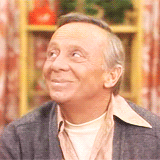EzekielRaiden
Follower of the Way
In my experience, it isn't unheard-of at all. I have personally had multiple characters die. It soured me rather a lot on the early levelling experience.I ask the other question: must death be unheard of in 5e?
I would like some middle ground but don’t know the best rules for that (that could be used with 5e that is).



